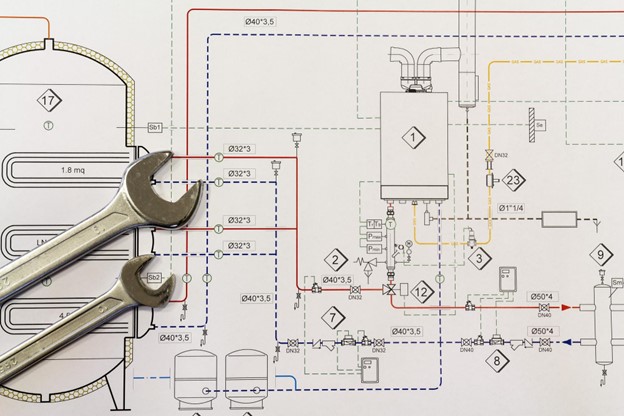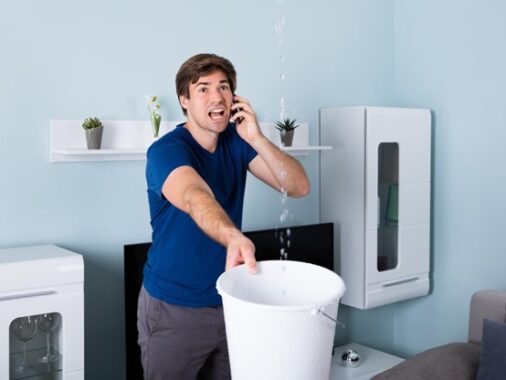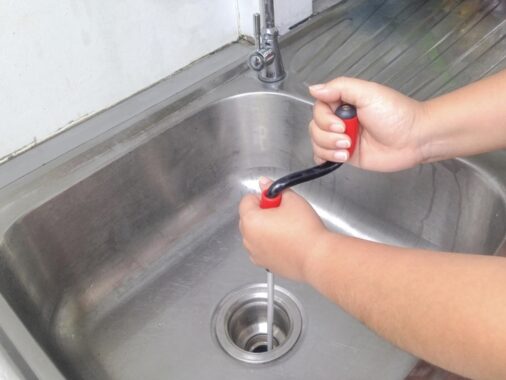Every homeowner has, at one point in time, faced a plumbing mishap. From minor inconveniences like a dripping faucet to gut-wrenching issues like an overflowing toilet, plumbing problems are as diverse as they are common. What’s crucial, though, is understanding when you can roll up your sleeves, pick up a wrench and fix these issues yourself, versus when it’s wise to step back and call a professional. This article aims to provide a balanced view, serving as a guide to navigating the world of home plumbing challenges.
Understanding Basic Plumbing: Why Skills Matter
Acquiring basic plumbing skills is not simply about being able to manage a malfunctioning tap or a clogged drain. It promotes self-reliance, fosters problem-solving abilities and can save substantial costs in simple repair situations. Having a fundamental knowledge of the plumbing system in your house, coupled with a basic tool kit that typically includes a plunger, plumber’s tape, adjustable wrench and a set of screwdrivers, can furnish you the capability to handle minor plumbing challenges.
Being hands-on with basic repairs can invariably create a sense of accomplishment. Notwithstanding, it is essential to remember that not all plumbing issues are DIY-friendly, and therein lies the importance of understanding the distinction.
Key Plumbing Skills Every Homeowner Should Learn
A few plumbing skills can go a long way in maintaining an optimally functioning home. These skills include unclogging drains, fixing leaky faucets, or even slightly more intricate tasks such as replacing worn-out parts in fixtures. Learning how to safely and correctly perform these tasks might seem daunting initially, but with guided effort, it becomes feasible.
However, an essential element to remember while performing these tasks is safety. Always ensure that you have turned off the water supply before commencing work. Next, make sure you have the correct tools ready for the job, and be careful to remember that DIY repairs necessitate a degree of patience paired with gentle handling of fixtures.
Recognising The Limit: When is an Expert Needed?
While DIY repair skills might empower you to handle minor hiccups confidently, identifying when to call an expert is equally essential. Complicated plumbing issues, like pressured gas line repairs or sewage system backups, should not be attempted without professional supervision. They pose not just a risk of further damage, but can also potentially present health hazards.
Besides, licensing regulations require certain jobs like bathroom remodelling or hot water system repairs to be performed only by trained plumbing professionals. When it’s time to consult with a plumbing professional, ensure you verify their credentials, check online ratings and reviews, and ideally, look for personal recommendations.
The Cost Analysis: DIY vs Expert Intervention
A common misconception is the assumption that DIY repairs will always be more cost-effective than hiring professionals. This is not necessarily true. While small repairs can indeed be managed economically by yourself, complex issues might become more costly if botched up by unqualified hands.
Forgoing professional intervention in heavily technical tasks could result in infrastructural damage, which could subsequently inflate the repair costs. Moreover, some hidden costs associated with DIY, like tool investment or potential water wastage, could nullify any intended savings.
Nurturing a Relationship with Your Plumber: Long Term Benefits
Maintaining a good relationship with a trusted professional plumber isn’t just about having someone to call when catastrophe strikes. Scheduled visits from a trusted plumber can help identify and resolve issues before they become major problems, potentially saving you a great deal of money in the long run.
A plumber consistently servicing your home will have a deep cognisance of its systems, and hence would be more equipped to keep them operating seamlessly. Their periodic maintenance and systemic understanding channel towards the optimal working of your home’s plumbing system.
Conclusion
Whether it’s unclogging a stubborn drain, tightening a leaky faucet, or embarking on a full-fledged bathroom makeover, being able to distinguish between tasks that require professional help versus those that can be managed yourself is imperative. Hopefully, this article serves not just as a guide but as a motivating agent, emboldening you to learn basic home plumbing skills, while also encouraging sensible discretion when professional help is necessary. Remember, plumbing is a unique blend of science and art. Master the basics, and know when to call the experts.






